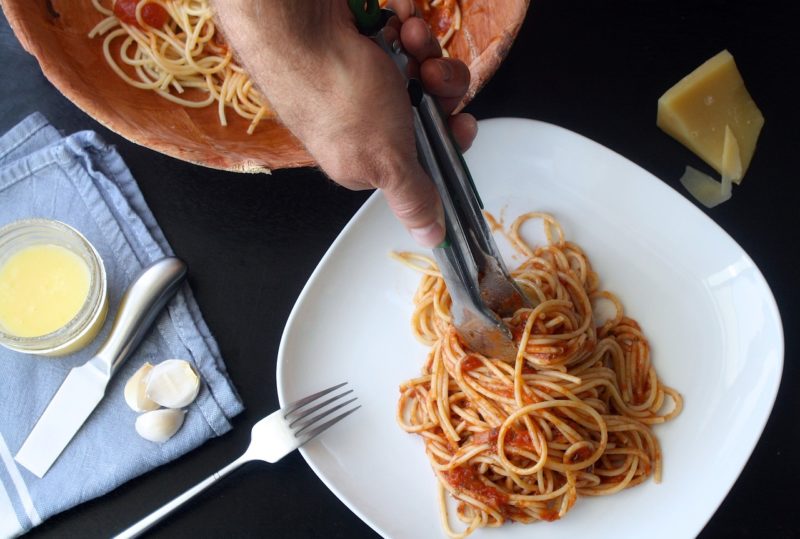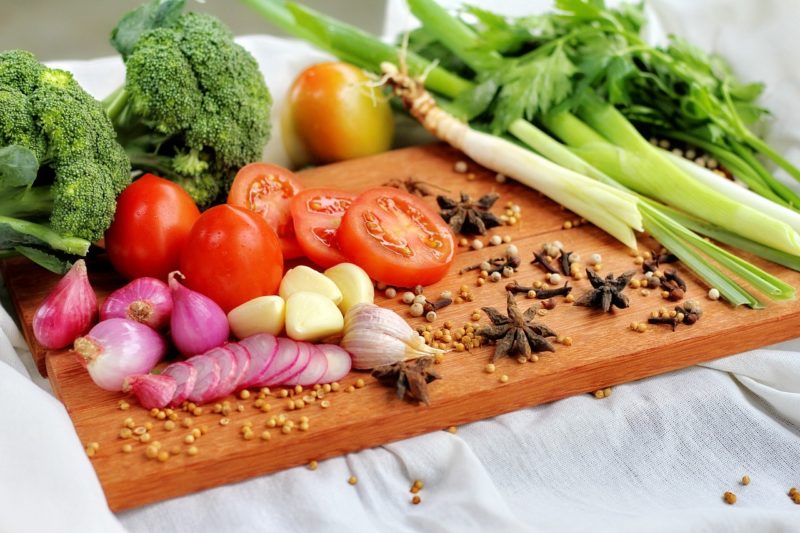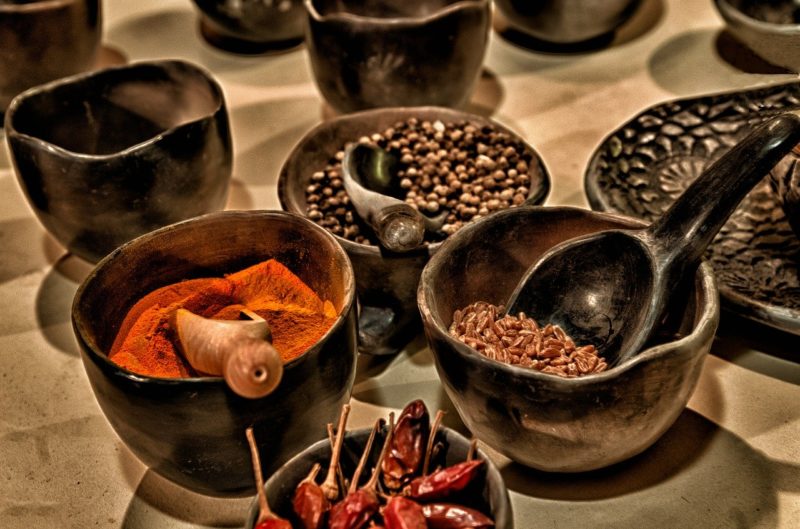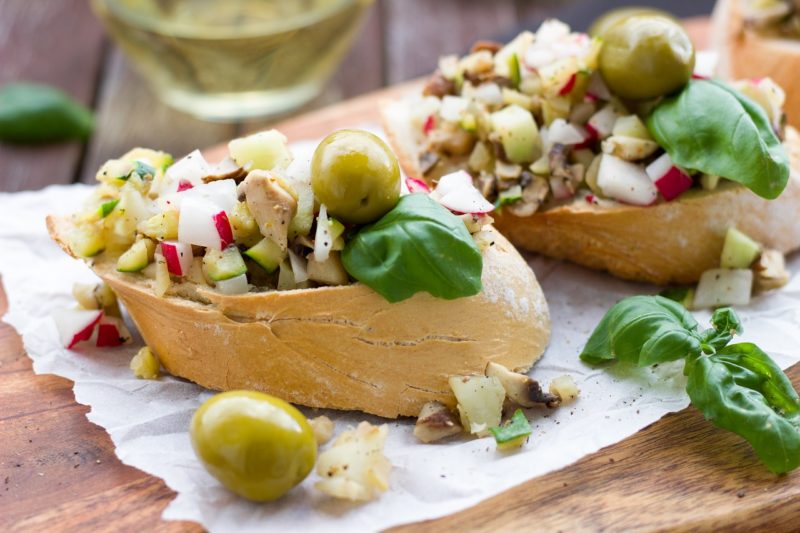5 Things to Learn First When You’re Cooking at Home
Learning how to cook is something far too few adults actually are doing these days. In the era of Uber Eats and Postmates, there are many households that live off take-out and spend the bulk of their monthly grocery budget on delivery.
Cooking at home is healthier, saves you money, and an important life skill. Consider these 5 basics first before you try to whip up a four-course meal.
How to Cook Pasta
Pasta is cheap, easy, and can be done a million different ways. You don’t even need store-bought sauce. You can make your own using a large can of tomato paste, a couple of tablespoons of olive oil, and some Italian herbs and seasonings (we’re talking basil, oregano, and red pepper flakes if you like it spicy).

When you cook pasta, use 4 quarts of water for every pound of noodles, and salt the water with around a tablespoon. Don’t trust the old wives’ tale that you need to add oil to boiling pasta; a bit of salt and hot water is all you need to make the perfect bowl of pasta “al dente.” This translates literally as “to the tooth,” referring to the bite of firmly cooked pasta compared to a soft, overcooked noodle.
How to Chop and Dice Vegetables
Get yourself a standard kitchen knife set before you prepare any produce. It doesn’t have to be expensive or particularly fancy, but the knives should always be sharp. Dull blades are more likely to slip when you cutting something, and a dull knife can actually cut you worse than a sharp blade.
You can chop and dice vegetables into various sizes, but chopping is more casual and less worried about size and density. Dicing requires precision and patience. Remember, it’s never about speed. You’ll get faster with practice; your focus should always be on proper hand placement, which will keep you safer and ensure that you get the best slices, dices, and cuts possible.
Creating Flavor with Seasonings
You must know how to season food if you want to make tasty meals, and seasoning goes far beyond condiments. Learn the differences between kosher and fine salt, how different peppercorns react to varying degrees of heat, and don’t be afraid to experiment with exotic spices like turmeric, saffron and garam masala.
Choosing the Right Side Dish
You can lose weight and eat more by preparing balanced meals. Side dishes are an excellent way to enjoy smaller portions of main dishes while getting your daily dose of grains and vitamins. Whether it’s a side salad, grilled vegetables, or a slice of a delicious French baguette loaf, make sure that you think of each meal you prepare as a whole rather than an individual recipe.
Balancing Quality with Cost
Cooking can be costly, which is why you should invest in the high-quality essentials and go budget-friendly on the rest. Buy produce at a farmer’s market instead of the grocery store, and don’t be afraid to buy off-brand ingredients to save a few bucks.
Buying staples like rice and pasta in bulk will spare your budget over time, leaving you more money in the month to purchase a variety of other ingredients that will diversify your dishes.
Cooking is an important skill for every adult. Knowing even just the basics can help you take better care of yourself and your family, because it is usually healthier and cheaper than eating out. Additionally, many people enjoy cooking at home as a relaxing hobby. As you learn and become more confident in the kitchen, you’ll be able to experiment with new combinations and impress your friends and family.













